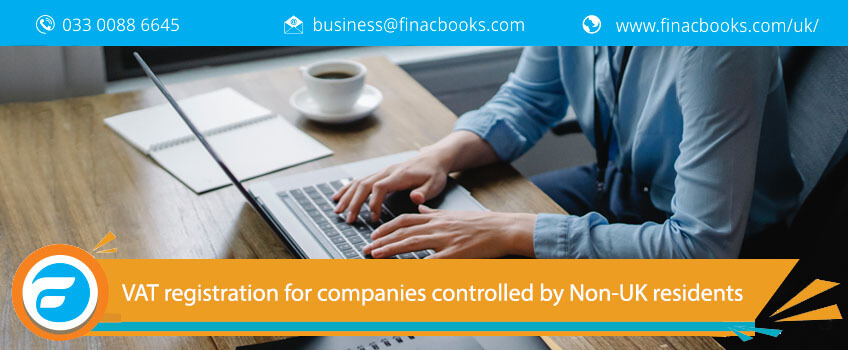VAT is a tax charged on nearly all goods and services purchased in the UK and its equivalent across Europe. Despite its similarities with the GST (Goods and Sales Tax), this tax is not exactly the same.
Businesses in the UK that account for VAT pass the tax on other companies and consumers. Businesses registering for VAT are able to reclaim the VAT they have charged. The inability of companies and consumers to claim back VAT is problematic. It is a tax imposed on consumers by the sale of goods.

When should I register for VAT?
You must register for VAT within eight months of your business opening. However, it is calculated based on a 12-month rolling period, not just the tax year (6th April-5th April in the UK). You will likely sell goods or services subject to UK VAT in 12 months, looking back and forward, that exceed £85,000, at which point you must register for UK VAT. In effect since 1 April 2017, this threshold has remained unchanged.
Voluntary registration for VAT could result in a positive cash flow impact for a business, as well as the perception that your customers will feel secure. From a marketing perspective, not being VAT registered may evoke the impression that your business is small. Prospective clients may think that you cannot cope with their requirements because of a lack of resources, which may discourage them from using your services.
Having to prepare vat returns every quarter or hiring an accountant to do them for you is one of the disadvantages of being vat registered. Having to prepare them increases the cost of being in business. In addition to being more expensive for your non-VAT registered customers, being VAT registered may decrease your competitiveness. However, you would generally expect your customer to be registered for VAT unless you operate a business-to-consumer business. It's necessary to register legally if your income exceeds the threshold.
To register VAT as a non-register company, you will need the help of some expert who can help you with registration hassle-free.
In the UK, VAT standard rates are 20% at present.
Unless you are exempt from VAT, you will have to declare everything you sell on your website.
- Add VAT to each invoice that you send.
- Make sure that your quarterly VAT returns are submitted on time.
- Be sure to pay any outstanding VAT before the deadline.
- Maintain a proper VAT record on an ongoing basis (i.e., adequate record-keeping).
Using an agent
Hiring an agent is an easy and affordable process for you because an agent knows everything about it and knows the whole process thoroughly. It is possible to appoint a representative (or accountant) if you do not have the time or knowledge to handle your VAT returns and dealings with HMRC on your own. After obtaining a VAT number, one can register for a VAT Online Account at HMRC (by choosing 'VAT submit returns').
When online registration cannot be done
You must use VAT1 by posting if:
- applying for an exception from registration.
- due to your participation in the Agricultural Flat Rate Scheme.
- It is a division or business unit of a corporate entity that operates with a separate VAT number.
You can mail your registrations to:
- If you are an EU business that is selling to Northern Ireland via distance selling, you need to fill out VAT1A.
- When importing goods worth more than £85,000 into Northern Ireland, you should complete VAT1B.
- You must fill out the VAT1C if you're disposing of assets that are eligible for 8th and 13th Directive refunds.
- Register for a VAT online account as soon as you receive your VAT number from HMRC (select option 'Submit VAT returns).
Receive your VAT certificate
Although sometimes it takes longer, you should get your VAT registration certificate within 30 working days.
The certificate is sent in one of two ways:
- Online in your VAT account or through the mail.
- A person may register by post if an agent registers them or if they are not able to register online.
What do you really need to know?
Detailed information, including your turnover, business activity, and bank account information, is required.
The date on which you registered is known as the "effective date." From this date forward, if you have any VAT due, you'll need to pay HMRC.
You don't have to take the help of an agent to get the registration for VAT on your behalf.
Any Questions? Request a callback from our Tax Experts.


































